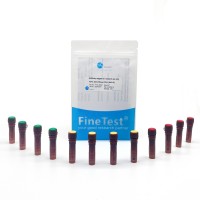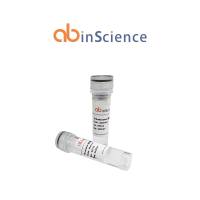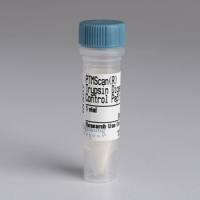Megakaryopoiesis and Thrombopoiesis: An Update on Cytokines and Lineage Surface Markers
互联网
643
Megakaryopoiesis is the process by which mature megakaryocytes (MKs) develop from hematopoietic stem cells (HSCs). The biological function of MKs is to produce platelets, which play critical roles in hemostasis and contribute to angiogenesis and wound healing. The generation of platelets from MKs is termed thrombopoiesis. The cytokine thrombopoietin (TPO) is the major regulator of megakaryopoiesis and thrombopoiesis. It binds to its surface receptor, c-Mpl, and acts through multiple downstream signaling pathways, including the PI-3 kinase-Akt, MAPK, and ERK1/ERK2 pathways. However, non-TPO pathways, such as the SDF1/CXCR4 axis, Notch signaling, src family kinases, integrin signaling, and Platelet Factor 4/low-density lipoprotein receptor-related protein 1, have more recently been recognized to influence megakaryopoiesis and thrombopoiesis in vitro and in vivo. In this chapter, we review megakaryopoiesis and thrombopoiesis with emphasis on cell surface marker changes during their differentiation from HSCs, and the classical cytokines that affect these developmental stages. We also discuss non-TPO regulators and their effects on in vitro culture systems.









